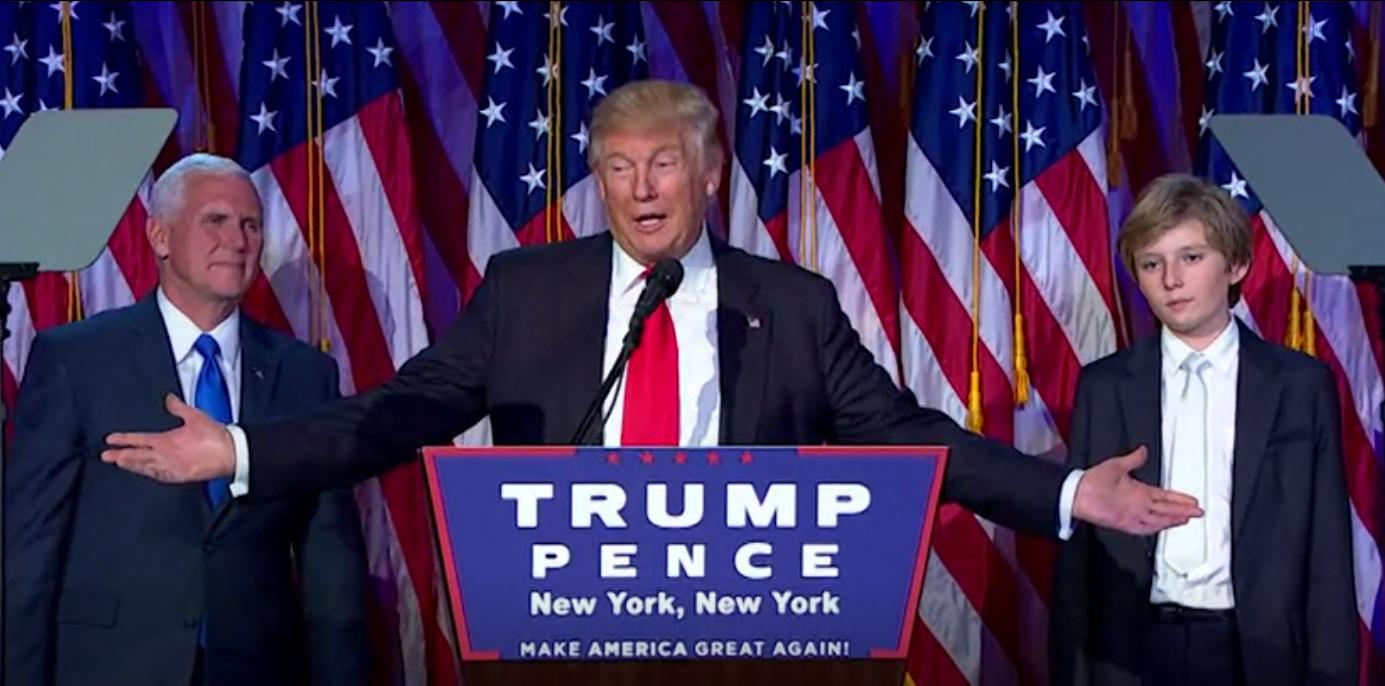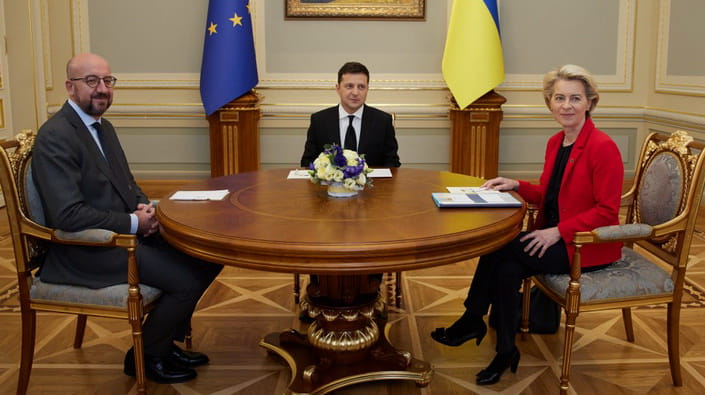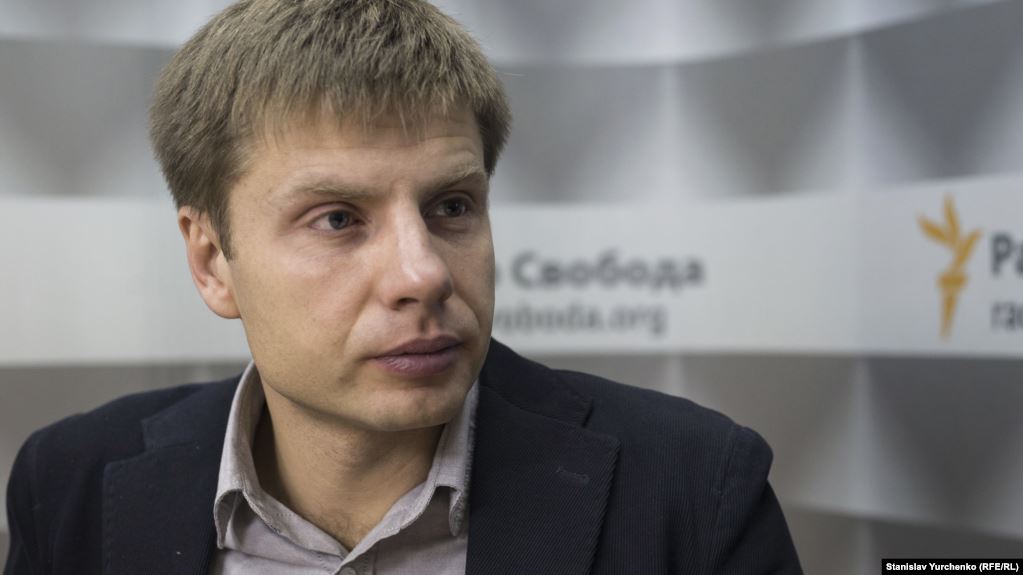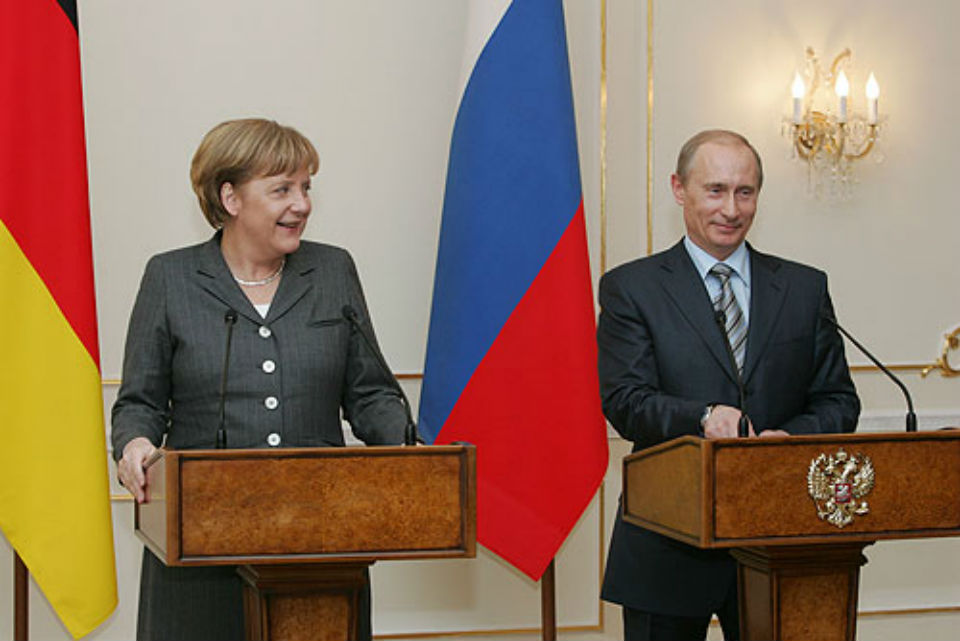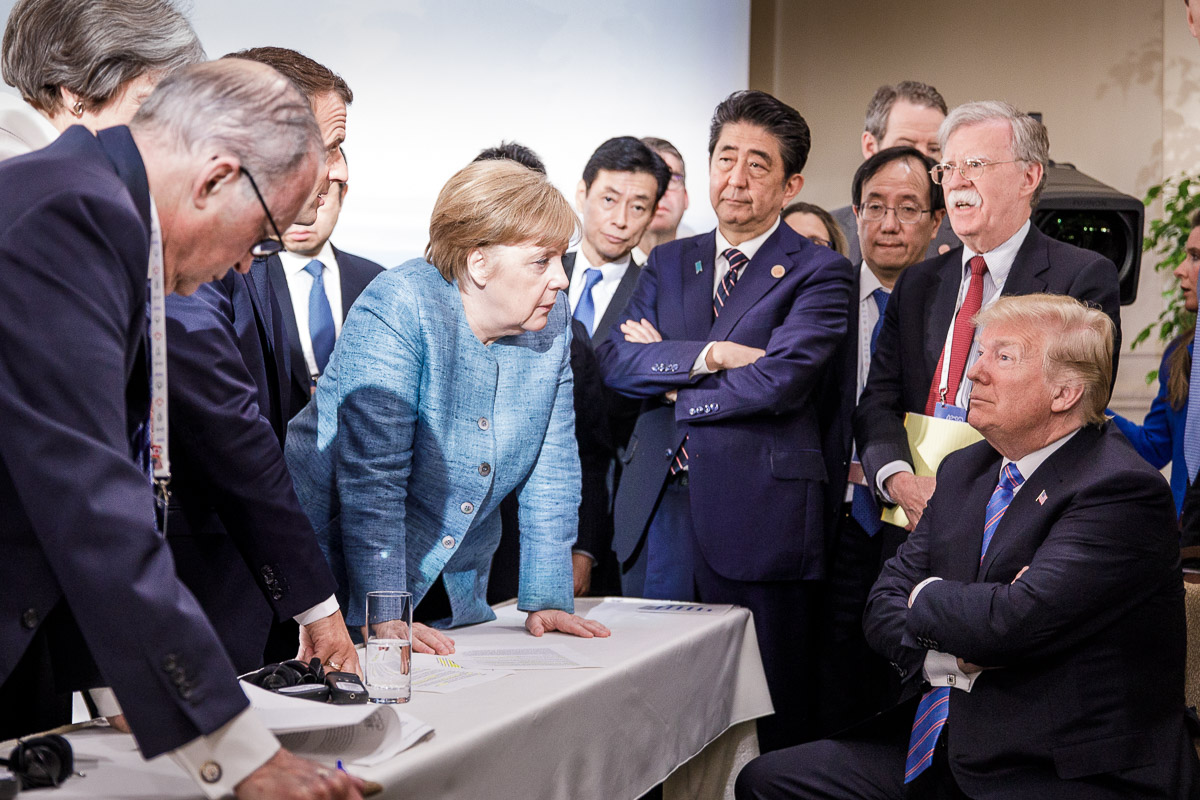Initial reaction in the former Soviet space to the victory of Donald Trump in the US presidential elections ranges from apocalyptic fears that Washington will sell them out to Moscow to the belief that US policy with regard to these countries will remain largely unchanged and that Trump in any case will not be “Putin’s puppet.”
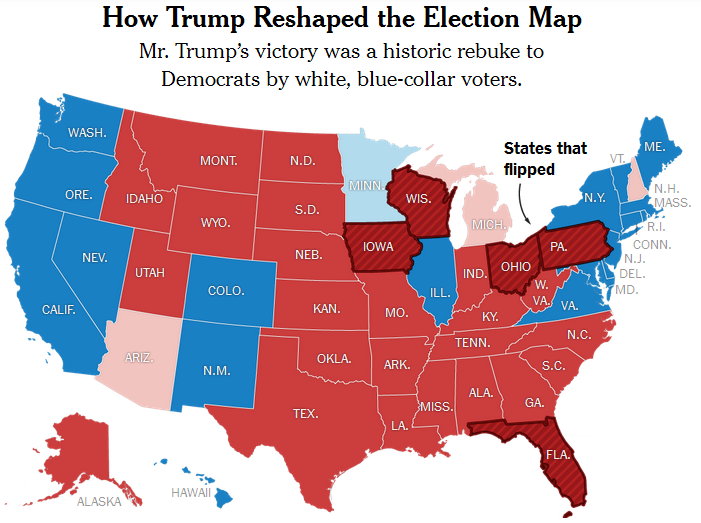
In the run-up to yesterday’s voting in the United States, many commentators in the post-Soviet states, especially in Ukraine and the Baltic countries, expressed their clear preference for Hillary Clinton, convinced that she would stand up to Moscow on their behalf more readily and consistently than Trump.
But now that she has lost and Trump has won, commentators are beginning to talk more specifically about what his election will mean for them. In many places, there is a sense that there may be some confusion during the transition and that Moscow may try to exploit it by acting against them.
In most of these countries, analysts are suggesting that they do not believe US policy will change very much even after that time either because these countries are not a focus for Trump or because existing American policy will work as well for his goals as they have for his predecessors.
Belarus
That is the predominant view among Belarusians who have expressed a view this morning, for example; and they at least are encouraged by that such steady-as-you-go predictions about Washington’s approach.
Ukraine

(Image: apostrophe.ua)
The situation is somewhat different in Ukraine with some commentators and politicians warning that Trump’s election is “a disaster” or “a catastrophe” for their country because they believe he will make a deal with Putin at their expense.
But perhaps the most thoughtful Ukrainian commentary so far is offered by Vasyl Filipchuk, a diplomat and head of the Kyiv International Center for Policy Studies, who argues that Trump’s election need not be a disaster for Ukraine if Ukraine understands what has happened and reacts in an appropriate way. He begins by arguing that “the results of the US elections yet again confirm we have new geopolitical realities in which we must live. And woe to those who do not accept them and do not adapt to the new rules of the game … [or] who say that the main thing for Ukrainians is to be with the Americans against the Russians and that the boys from Langley will do everything for us.”
Moreover, the election shows that the US has changed as far as its involvement with the rest of the world. Its people no longer want it to be the world’s policemen and don’t understand why they should fight to support some dictators and to oppose others. No one has been able to explain to them why they should sacrifice in this way.
“I do not think,” Filipchuk says, “that the new leader of the White House will make any rapid and radical changes in foreign policy” because “the system of decision making there is so complex” but clearly over time, the US will work to change the architecture of international relations in order to give Washington “more room for maneuver.”
Given America’s domestic problems, the Congress won’t oppose his shift of attention to affairs at home.
Filipchuk continues by suggesting that “if anyone thinks that Trump will become a puppet in the hands of Putin, he needs to stop reading Soviet newspapers.” Trump is clearly “not so stupid” and he will defend his and America’s interests against those of others, including those of the Russian leader.
He says that he very much doubts Hillary Clinton was all that grateful for the expressions of Ukrainian support. But the Trump entourage won’t forget them. Nonetheless, “the situation is not hopeless” because for both American candidates, Ukraine was a marginal factor in the voting.
Clearly, the diplomat continues, “the Ukrainian leadership must immediately make several serious changes and establish communications with the office of the new president. For this, there is every possibility; what is needed is only wisdom and political will.”
“A very great deal is in our own,” he says. “Therefore, there is nothing to wait for: it is time to get to work. There is almost no time left for that.”
Related:
- How a Trump victory would affect the economy of Ukraine
- “Putin is a Russian Trump” and other neglected Russian stories
- Trump Revolution: From Russia With Revenge
- Wondering how Trump could happen? Look to Russia




